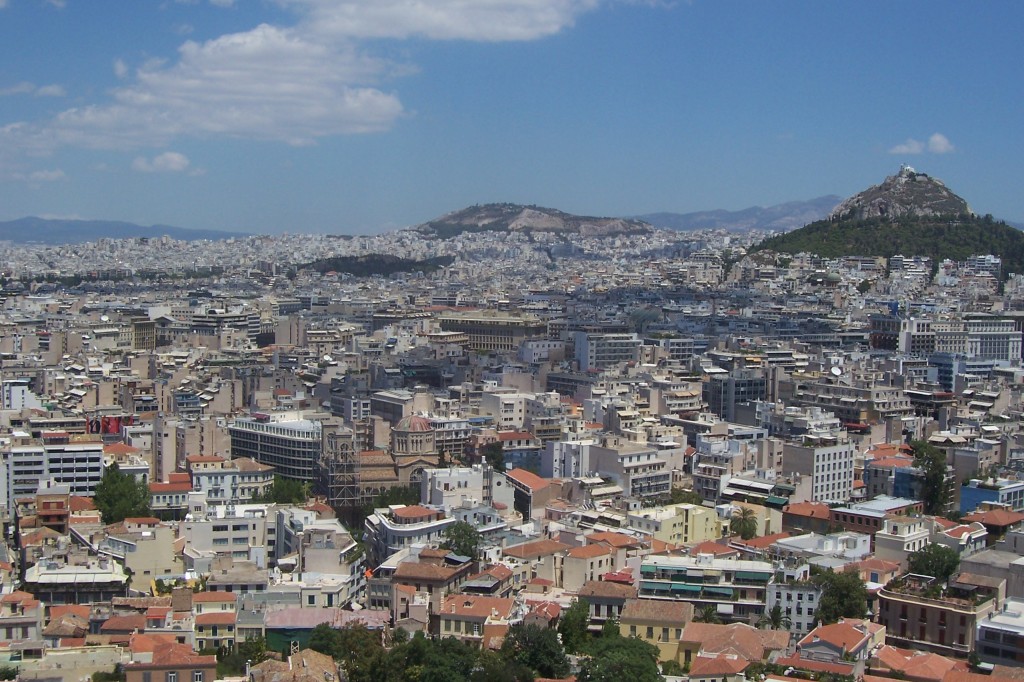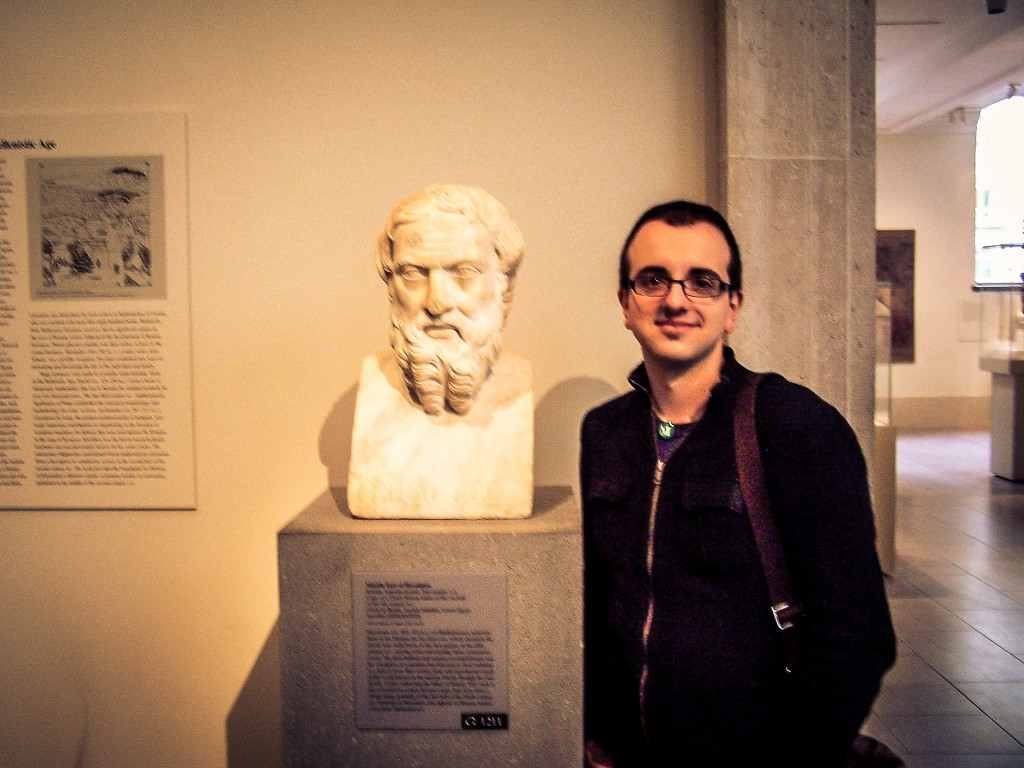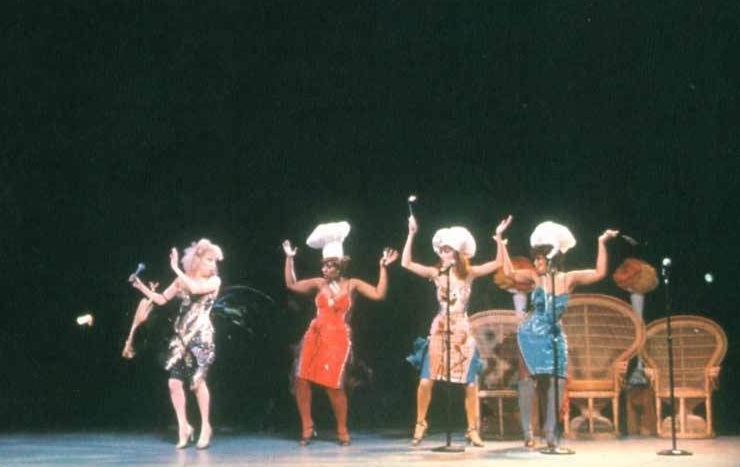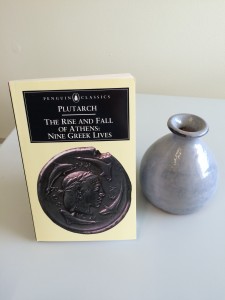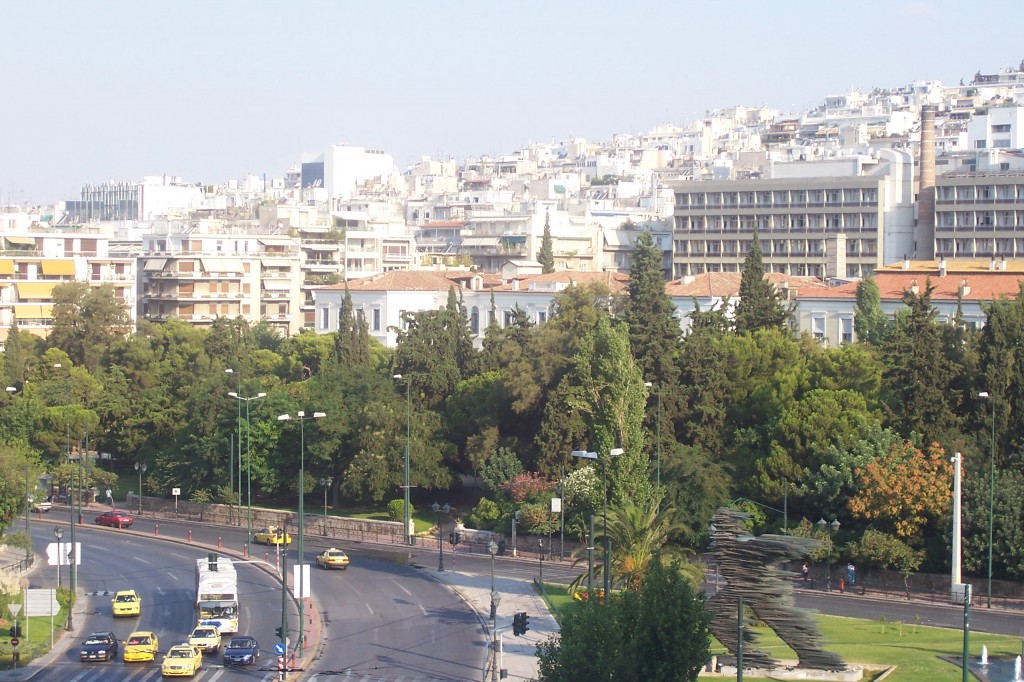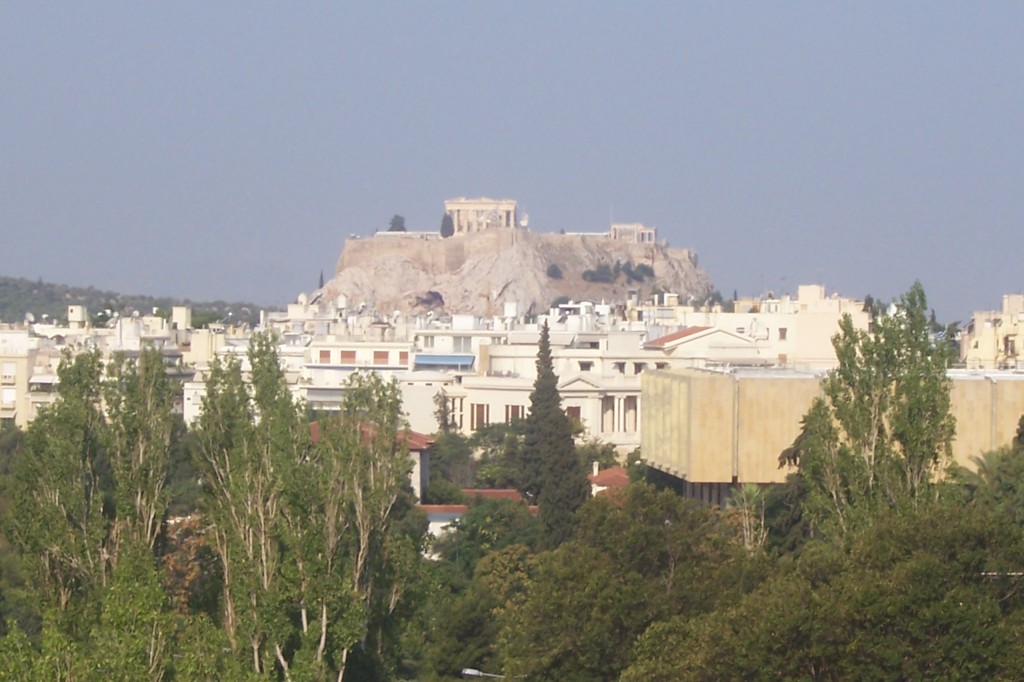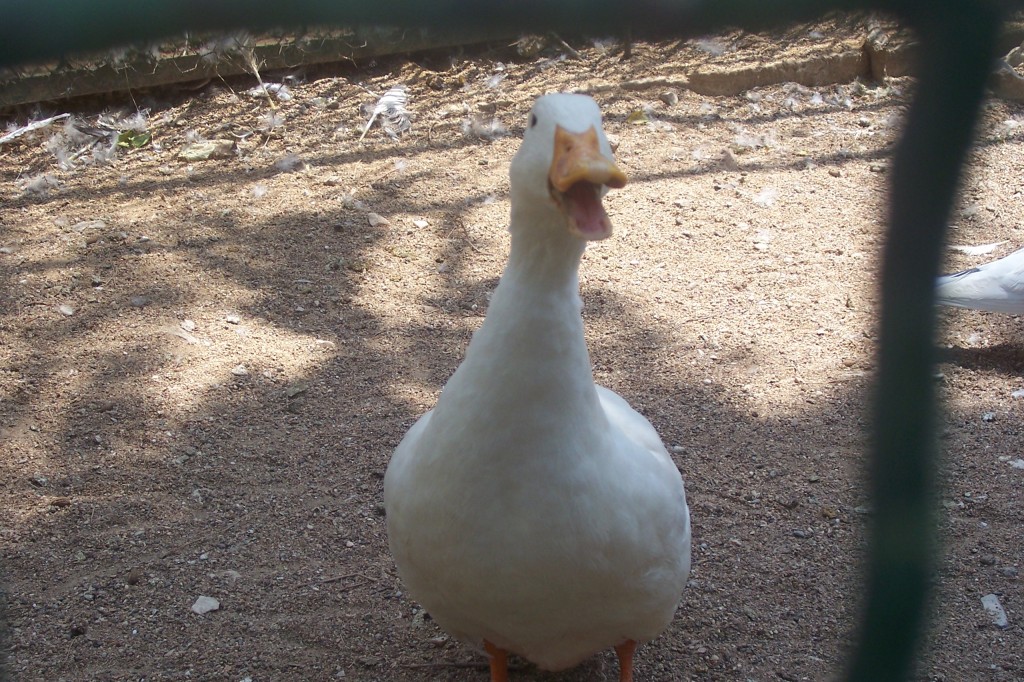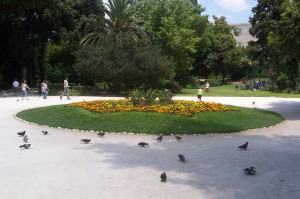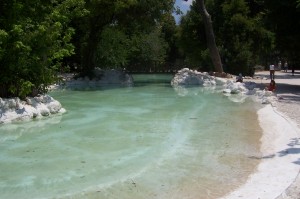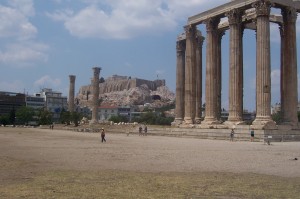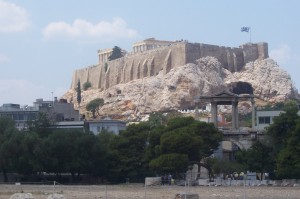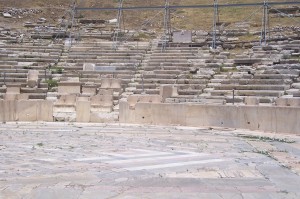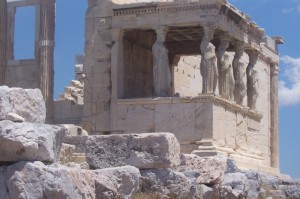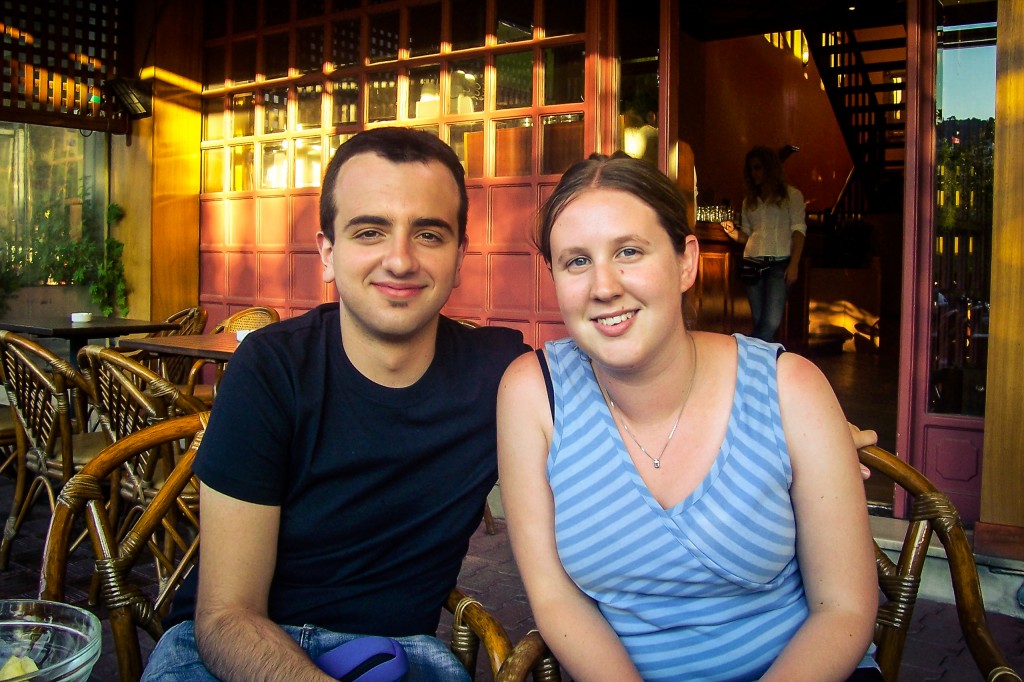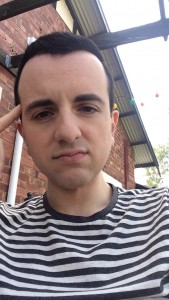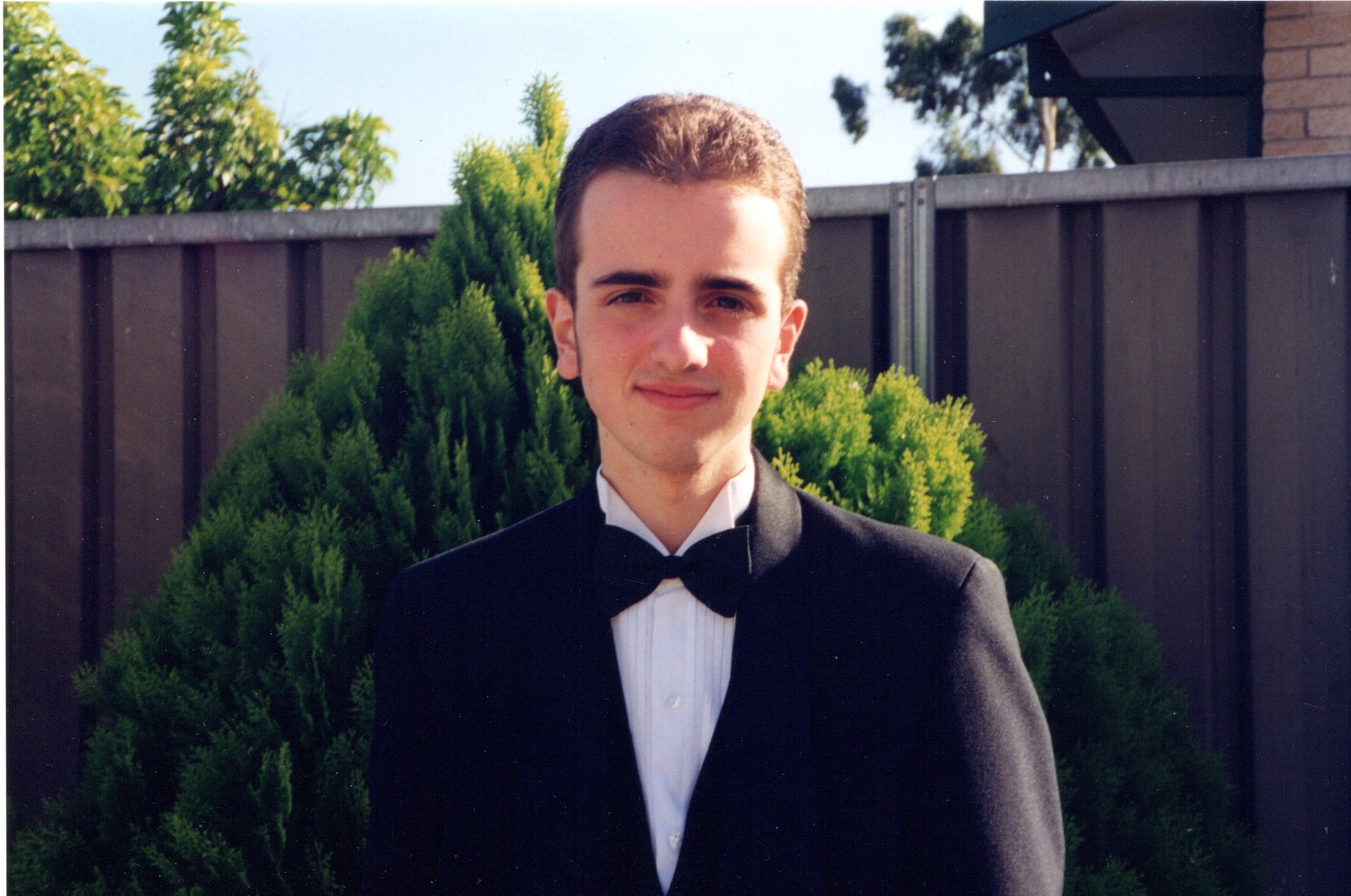
Back in April, I went to my 20-year high school reunion. It was a combined event of the last four decades of the graduating classes of years ending in 9. Since my cohort falls at the relatively more recent end, we were younger than two of the other groups, but staggeringly (for me) no longer the youngest at such an event. I’ve noticed this has been happening increasingly more of late. I still get a little winded when I cross over into a new age range on a survey. It seems like yesterday that I was in the final year of high school, rushing home to eat dinner before settling in to do my homework all evening while burning some lavender oil using a burner my friend Carlo had bought me. I did push myself hard in Year 12. Turns out he thought I needed to chill the fuck out…imagine that.
It was a fairly small turnout from all the graduating classes at the reunion. I imagine the school had twenty-plus year-old outdated addresses for many of my classmates. For others, they may have felt little nostalgia for revisiting high school. I’m still best friends with six of my classmates and we decided to go and make an afternoon and then, once the school portion wrapped up, evening of it at my friend Darren’s pub. We were probably the largest “group” there. The nerds shall finally inherit the earth! Or, at the very least, based on where the school sits, the valley. I don’t think we were actually the nerds in our year level, but I’m not sure where we fit. In the final year of high school, each clique had a table in the common area. We sat smack bang in the middle between the sportos (jocks in North American slang) and the boarders (the country kids who lived on site) and mingled with them and everyone else on either side of us. Then again, perhaps we might not have thought we fit a “type”, but it’s usually others who decide what type we are in high school, isn’t it?
We were taken on a tour of some of the school and I was surprised by how little it had changed. Even the small physical education changing rooms (the place where high school homoerotic dreams were made) in the auditorium looked – and, shudder, smelled – the same. I was taken aback that the library had moved to an undisclosed location somewhere else on the grounds. During Year 12, I’d start my day by reading the newspaper there and then booking in a lunch session to use one of the few computers in the school with Internet access (remember, I said we weren’t the youngest cohort at the reunion). I’d send emails from my Hotmail address (who the hell was I sending them to?) or play Hollywood Stock Exchange with Carlo. I just looked this up, and it still exists. I wonder if I still have my stocks in Mackenzie Astin.
After our night on the town, I hadn’t given the reunion much thought. But this past weekend, I was moving around some boxes and found a copy of a collection of student writing put out annually by the school. The volume was from my final year of high school. It wasn’t the first time I’d come across this small volume in recent years (see here). I was runner-up in the year-level writing competition. The winner was at the reunion – a delightful poet named Thom Sullivan. It’s probably better that I didn’t remember this humiliating (not really) defeat until after the reunion. My base instincts and a couple of beers may have led me to break his quill-holding hand and right a wrong I hadn’t ruminated on in two decades.
Over a cup of coffee, I reread my piece. Looking back from the vantage point of time, I can tell that I was very consciously trying to use every word in the dictionary. Why else would I use “gossamer” or “nadir”? My story was about a woman named Genevieve, who was named for actress Geneviève Bujold, whom I think I’d just seen in a movie. The fictional Genevieve had a life, friends, a job, and an apartment I called a “tenement”. I so obviously didn’t know what that word meant as I also gave her dwelling a mahogany door. However, for all that Genevieve had done, she had never really made her mark. The story was called “Deliquesce”, which essentially means to dissolve away. There was also something in the story about water and a seashell with the voices of the past and present, and I threw in the word “soubrette” to get my Shakespeare on. I left it open as to whether Genevieve died in the end. I can’t remember if I wanted to kill her off, but as Bette Midler said in opening her Divine Madness concert, “After many a summer dies the swan. But not when she’s stuck in a turkey the size of this one!”
When I reread the story, I smiled – if the execution was inelegant, it still isn’t half-bad. Plus, 17-year old Adam was hard enough on himself, and so he doesn’t need my help with that. My ideas were influenced in no small way by some of the giants we were reading at the time in English class – mainly, Death of a Salemsan by Arthur Miller and The Great Gatsby by F. Scott Fitzgerald. Miller and Fitzgerald’s works dealt with the feats of two men who bought into a dream that did them no good. I had also fallen in love with the historians of Ancient Greece and Rome – Herodotus, Suetonius, Thucydides and, particularly, Plutarch. These historians of antiquity tended to focus on noble and ignoble men, alike – but men (unfortunately, so many of the women’s stories are lost to time) who had gone down in history.
Just as there’s no coincidence that these books are chosen for final year high school – a time when you’re figuring out who you are and who you want to be out in the world – my homing in on these themes wasn’t just because I had no other inspiration. Essentially, I remember how much I grappled with the question of “what is a life well lived?”. I imagine this to still be a pertinent question for a kid going out into the world today, although I probably wouldn’t have phrased it like that back then. For my 17-year old self, I thought a life well lived meant a life where I achieved something and was known. Wanting to “be known” was not restricted to the wider world, but I was very conscious of building a circle of friends and acquaintances, perhaps at a bar where everybody knew my name. Indeed, one day after school I went to a lunch bar/café in the city, ordered a cappuccino and Berliner bun with pink icing, and people watched. Though I spoke to not a one, I left that café determined to get to know these people, whom I imagined were regulars, in the coming months.
What struck me about this story, though, is how little my values have changed in 20 years as reflected in the story and what I remember from Year 12. Much more recently, I’ve been delving into the principles of acceptance and commitment therapy (ACT), particularly what the approach has to say about values. As my teacher in the techniques of ACT has shown me, the commitment comes from wanting to commit to actions that move us towards living life in line with our values, even when negative experiences, emotions and thoughts abound (that’s the acceptance part). As ACT expert Russ Harris succinctly puts it, “The goal of ACT is to create a rich and meaningful life, while accepting the pain that inevitably goes with it”. I didn’t realise how much ACT is reflected in many spiritual traditions until I read Eckhart Tolle’s A New Earth: Awakening to Your Life’s Purpose on the recommendation of my friend Donna Loren. She often seems to know exactly what I need, even before I do. Donna’s worked to understand her experiences, and, in the process, her insight has helped me and others to look more deeply.
Utilising the work of Dr. Harris (p. 23), it turns out three Cs are most important to me:
- Contribution – to contribute, help, assist, or make a positive difference to myself or others.
- Creativity – to be creative or innovative.
- Connection – to engage fully in whatever I am doing, and be fully present with others.
It seems that while my more nebulous “being known” goal at 17 has evolved, it still has at its core a want to be known for doing and contributing something of importance. I think the need to be creative is a part of that overarching contribution value. The importance placed on connection has moved beyond wanting to know the patrons of a café to paying mind to the relationships I do have and being in the moment when I’m with those people. When anxiety takes over my brain and turns it into scrambled eggs, as it is apt to do, I find being present and in the moment with people terribly difficult.
Where does one get the most chance to contribute or be creative? Lots of places, but it’s often at work. And here’s the kicker. If I’m totally honest with myself, I spent a good part of the last decade in a job where, by and large, I don’t feel like I made that positive difference. While there were certainly exceptions of which I am proud, I stayed too long, even when I knew early on that this wasn’t the right fit for me. Yes, I had to pay the bills, I had just met my partner, moving away from family and friends for work wasn’t something I wanted to do, and so on. But I felt controlled and, in response to that, chose the path of least resistance and went with it. The genesis of this blog was my chance to be creative at a time when I didn’t feel I could find creativity anywhere else. As a result, I now feel at a stage where people who started their careers at the same time as me are really hitting their strides in an area in which they chose to research. More than that, they look like they are really enjoying the chance to be innovative and creative.
I’m now somewhere where I do think I can make that contribution and do more engaging work. At first, I was very anxious that I must hurry to catch up to everyone. Now with help from ACT principles, I’m realising it’s more about being conscious of the goals I want to achieve and to what end am I striving towards these things (that is, what are my values?). So long as I’m working towards them, that’s a good start. Again, I need to chill. Maybe I should get out that oil burner.
Being fully present with others is still sometimes hard. I’ve had to find mindfulness activities that work for me in all sort of circumstances as I wrote about a little while ago. I tried the raisin meditation once, where you essentially focus on the sensations associated with putting a raisin in your mouth and – here’s the important part – eventually swallow it. I put it in my mouth and down it went. Worrying that the person leading me through this would think less of me, or at least not have another raisin to give me, I pretended it was still in my mouth for a few minutes and swished around this imaginary withered old grape. Best imaginary raisin I’ve ever tasted!
Oh, you might be wondering what ever happened to that café. It barely lasted the year and folded before the close of the millennium. But I do now have another place to get a drink where a few people know my name. It’s all good.
